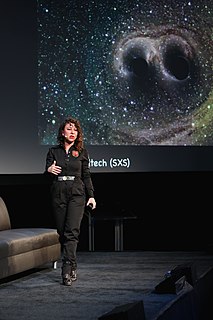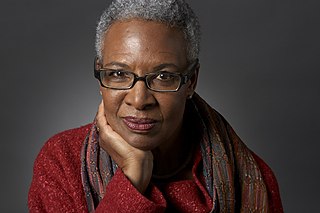A Quote by Eiza Gonzalez
Any neuroscience book is the death of me. I'm currently obsessed with 'The Moral Landscape' from Sam Harris. He's a controversial writer addressing science and religion while talking about the deep undertaking of your brain.
Related Quotes
I would say to anybody who thinks that all the problems in philosophy can be translated into empirically verifiable answers - whether it be a Lawrence Krauss thinking that physics is rendering philosophy obsolete or a Sam Harris thinking that neuroscience is rendering moral philosophy obsolete - that it takes an awful lot of philosophy - philosophy of science in the first case, moral philosophy in the second - even to demonstrate the relevance of these empirical sciences.
Sam Harris fearlessly describes a moral and intellectual emergency precipitated by religious fantasies--misguided beliefs that create suffering, that rationalize violence, that have endangered our nation and our future. His argument for the morality, the honesty, and the humility of atheism is galvanizing. It is a relief that someone has spoken so frankly, with such passion yet such rationality. Now when the subject arises, as it inevitably does, I can simply say: Read Sam Harris’ Letter to a Christian Nation.
I saved letters from my boss. There are things in there that are directly transcribed. I was so glad I did that. Sometimes when I was writing the book I wondered if some little writer hobbit part of my brain was back there puppeteering that action. But it really never, on any conscious level, occurred to me that I would write about it. I will say, I thought probably some day there would be an ancillary character in some novel - not in the one I was currently writing - that would be a dominatrix or something.
The first thing I became interested in in terms of 'Brain Storm' was neuroscience, and that is like saying you're interested in the universe. So ultimately I knew if I was going to handle this in a fictional format, I would have to take a subsection of neuroscience, and that turned out to be the use of neuroscience in criminal courts.
Science and religion are not antagonists. On the contrary, they are sisters. While science tries to learn more about the creation, religion tries to better understand the Creator. While through science man tries to harness the forces of nature around him, through religion he tries to harness the force of nature within him.
But when we reduce sex to a function, we also invoke the idea of dysfunction. We are no longer talking about the art of sex; rather, we are talking about the mechanics of sex. Science has replaced religion as the authority; and science is a more formidable arbiter. Medicine knows how to scare even those who scoff at religion. Compared with a diagnosis, what's a mere sin? We used to moralize; today we normalize, and performance anxiety is the secular version of our old religious guilt.
I was raised in a religious home. It was unreasonable enforced religion that turned me off it. It was a joyless, unpleasant, stupid, barbaric thing when I was a child and I've never gotten over that feeling. If you're talking about religion it's one thing; I don't hold Jewish religion with any more seriousness than I would any other.



































